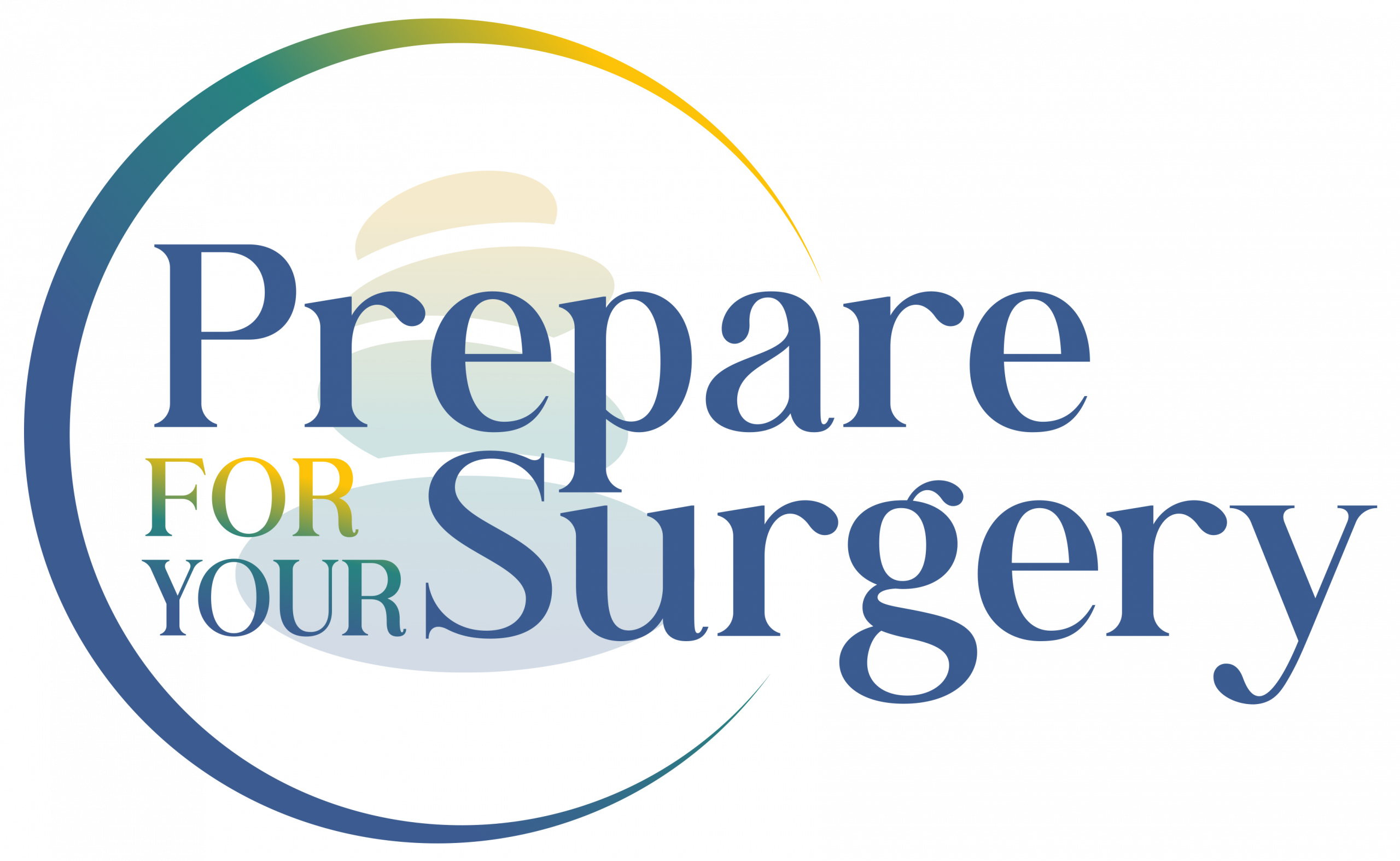I’ve been thinking about resilience.
What got me started on this topic was several emails that I received from different people and organizations related to wellness to which I subscribe. Suddenly, resilience was a hot topic. Probably because we have been dealing with the pandemic for a year now. Most articles addressed the need for and benefits of resilience regarding emotional health and well-being.
Resilience is our ability to bounce back from life’s challenges and unforeseen difficulties, providing mental protection from emotional and mental disorders.
Michael Rutter
When we experienced the weather event a few weeks ago that most Texans are now referring to as the “big freeze,” I thought about disaster preparedness and survival in terms of resilience. It occurred to me that surviving an event like that requires multiple resources that together can provide a level of resilience greater than the sum of adversity experienced.
Some of us got lucky, and some not so much. The biggest issue for most was the loss of heat. We had a gas bathroom heater that saved us. Some people layered up and hunkered down. Some had somewhere else to go where heat could be found. And some made poor choices that cost them their lives. Having multiple resources – financial, social, intellectual, environmental – determined how well you survived the storm.
In fact it occurred to me that the electric grid’s failure was the result of a lack of resilience – the grid is isolated and poorly maintained. The adversity of the freezing weather was greater than the grid’s ability to withstand the demands placed upon it.
[R]esilience can be defined as reduced vulnerability to environmental risk experiences, the overcoming of a stress or adversity, or a relatively good outcome despite risk experiences.
Michael Rutter
When you look up resilience on the internet, most of the stuff is about having emotional and mental resilience to withstand and overcome adversity. A few sources include the importance of physical behaviors, such as good nutrition, physical activity, and rest.
But now, I’m thinking about resilience in a more holistic way. I see that resilience has a holistic quality and how looking at it in this way can help me improve my well-being and the well-being of others. I’ve been asking myself how various choices, such as what to eat or whether or not to exercise, might affect my resilience. I find that this helps me draw on my motivation to be healthy and well. Maybe as a consequence of getting older, the motivation to be physically fit is not as enticing as it used to be, but the motivation to be physically well is becoming more critical.
Resilience results from having the encounter at a time, and in a way, that the body can cope successfully with the noxious challenge to its system.
Michael Rutter
And it’s not just my physical, emotional, or intellectual resilience that I’m reflecting on. I can think about my finances, and when I make decisions based on maintaining or improving financial resilience, this brings me peace of mind and reduces potential stress. Relationships too – I want to develop and sustain those that are positive and rewarding, knowing that I will surely need to rely on them somewhere down the road.
Resilience is usually discussed in reference to adversity, as in withstanding it and overcoming it. And because adversity is a part of life that we can’t escape, it’s important to survival to develop and sustain resilience. I know that its important for my well-being to continually maintain all areas of my being – physical, mental, emotional, social, and spiritual – so that I can best withstand and overcome future adversity.
I also believe that my resilience is only as good as what I am willing to share with others. Once I have taken care of my own needs, then it behooves me to do some caretaking of others. If my resilience comes at another’s expense, then it isn’t helping me in the long run. Our recent experience with this pandemic coupled with disparities in health care brings this point to light: my health is directly affected by your health, so I should want you to be as healthy as you can be.
I continue to notice random references to resilience – in a podcast, in yoga class, in the news. I think it’s on our minds now more than ever because we need it now more than ever. So please let me know what you think. Do you think about resilience, and if so, how? I look forward to hearing from you!

